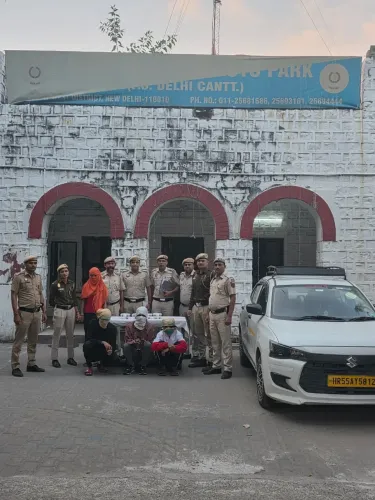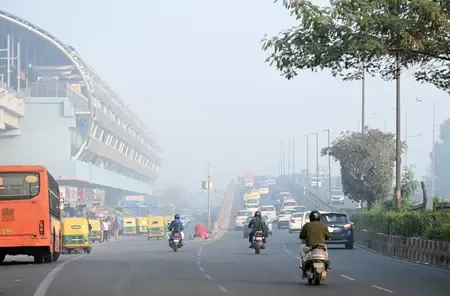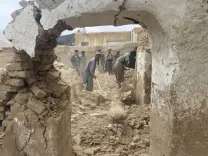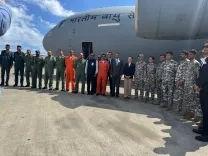Did Ghulam Nabi Azad Criticise Congress Over PM Modi’s ‘Headless’ Poster?
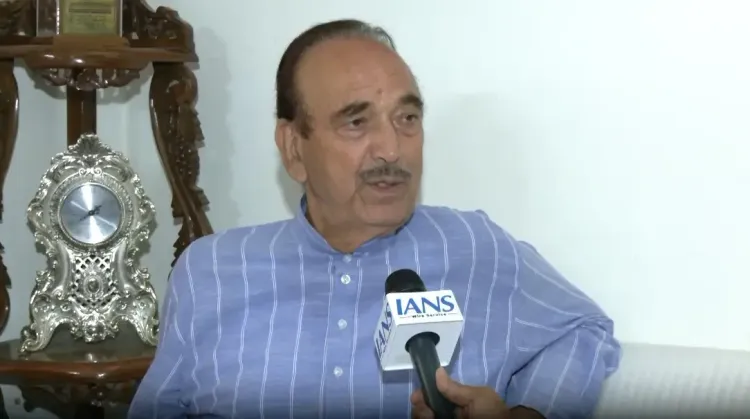
Synopsis
Key Takeaways
- Ghulam Nabi Azad criticizes Congress for insensitivity during a national tragedy.
- Importance of cautious communication in political discourse.
- Calls for unity in response to terrorism.
- Free speech balanced with responsibility highlighted.
- The government's role in crisis management emphasized.
New Delhi, April 29 (NationPress) Former Chief Minister of Jammu and Kashmir and leader of the Democratic Progressive Azad Party (DPAP), Ghulam Nabi Azad, expressed his discontent with Congress regarding a social media post aimed at Prime Minister Narendra Modi. He stated that such posts are not suitable considering the recent terror attack in Pahalgam.
The nation is currently facing a critical juncture. The global community is observing the tragic events in Pahalgam, where innocent lives were lost due to terrorism. Azad pointed out that many have laid down their lives, highlighting the importance of being thoughtful about the content shared on social media, whether it is an image or a cartoon. He remarked that during past crises, when Congress was in power, the opposition united with the government. Now, he believes it is Congress’s turn to demonstrate patience and unity.
On the previous day, Congress shared a post on ‘X’ featuring an image of a kurta-pyjama and black shoes with the word “GAYAB” (missing) overlaying it. The caption read “Jimmedariyon ke samay - Gayab” (Missing during the time of responsibility), which was echoed by various regional Congress accounts.
This post has been interpreted as a critique of the Prime Minister and the central government's response to the Pahalgam attack on April 22, which resulted in at least 26 fatalities.
Regarding possible actions against Pakistan, Azad acknowledged that political parties and individuals hold varying views, which is acceptable. He stated, “Everyone has the right to express their opinions. However, the response to the Pahalgam attack should be determined by the Central government and Prime Minister Narendra Modi. It is their responsibility to handle such matters.”
He further emphasized that while opposition parties may concentrate on specific issues, the government must evaluate the situation comprehensively.
Azad concluded by saying, “The government must consider the ramifications, benefits, and losses of an attack on a national scale. While we can voice our opinions, it is the Prime Minister and his Cabinet who are best equipped to make decisions. We should have faith in their judgment to take appropriate action.”

